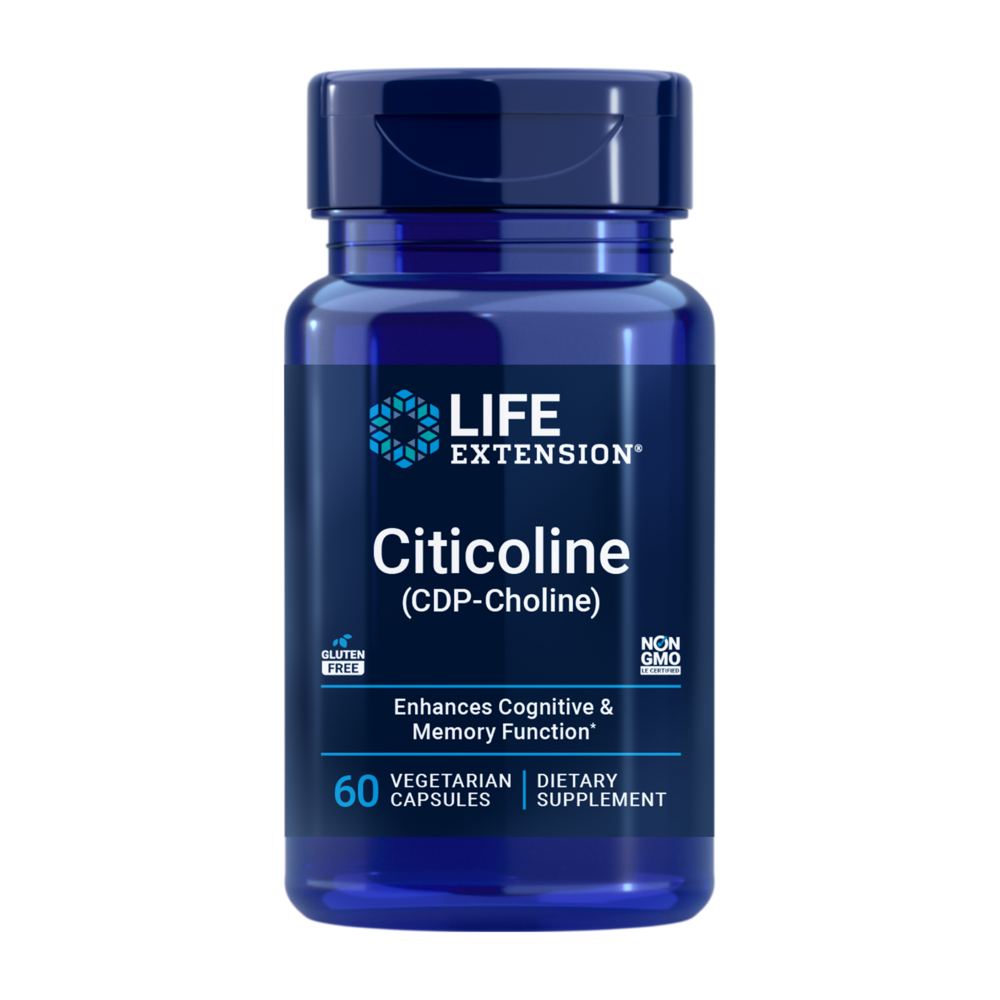In Part 1, we described brain fatigue. Let us see how we can improve brain function and prevent cognitive decline.
1) Provide fuel to your brain – oxygen and nutrients
Your brain needs fuel to function. It needs oxygen and glucose to run the cellular processes that make us happy. healthy humans. If you suffer from poor circulation, your brain is probably starving.
- Make sure that you do not have anemia. This can be determined through a very easy and inexpensive blood test
- Maintain balanced blood sugar at all times. Have regular blood tests to make lifestyle choices that will prevent spikes in blood sugar (hyperglycemia) or dips (hypoglycemia). If you have hyperglycemia you may experience fatigue after meals, constant hunger, cravings for sweets (not relieved by eating them); increased appetite, difficulty losing weight, etc. Low blood sugar can make you feel tired before meals and more energetic after eating. It can also make you dependent on coffee and sugar for energy. You may become agitated, irritable, shaky, jittery, tremulous or lightheaded if you miss meals. Poor memory and forgetfulness often become a frequent complaint.
2) Reduce brain inflammation
As the brain fatigues, an inflammatory response follows like a silent smoldering fire. This can damage the neurons leading to a loss of function. The brain’s immune cells, known as microglia, attempt to limit the inflammatory process but many times, they end up making things worst. When microglia becomes overactivated, neurons die. Diabetes, high carbohydrate diet, lack of oxygen from poor circulation, lack of exercise, chronic stress response, heart failure, lung disorder, anemia, previous head trauma, infections, autoimmune reaction to neurological tissue, low brain antioxidant status, alcohol and drug abuse, and environmental pollutants can turn on the microglial cells. This can damage the healthy brain tissues.
If you have neuroinflammation, you may experience brain fog and unclear thoughts, poor mental focus, brain fatigue and low brain endurance; slow and varied mental speeds. Brain inflammation is serious because it is associated with a significant risk for various degenerative brain diseases, including Alzheimer’s. Using powerful flavonoids and antioxidants that have been shown in the literature to dampen brain inflammation by suppressing inflammatory activity of microglia, can reduce brain fog and improve mental clarity.
Similarly, inflammation or degeneration in the brain can activate the body’s immune system and trigger systemic inflammation that may lead to joint pain, gut pain, skin disorders, and more. This mechanism is referred to as “neurogenic inflammation.”
Even if you do not have brain inflammation, taking antioxidants and certain natural flavonoids can protect your brain, similar to the way taking certain antioxidants can protect your heart.
3) Address chronic stress
Chronic stress increases adrenal function, which leads to an overproduction of cortisol, bombarding the brain and body with the stress hormone cortisol. Excessive cortisol compromises your ability to learn new information. Adrenal glands may become exhausted from overuse and fail to make enough cortisol over a period of time. Then the body cannot muster the energy to respond to even mild stressors, such as a common virus or a bad day at the office, and fatigue sets in. Although the adrenal gland function needs to be tested and treatment should be initiated if needed, it is imperative to support your brain function and slow down your brain’s degeneration.
4) Balance your excitatory and inhibitory neurotransmitters
These are small messenger molecules that help neurons communicate with each other and the rest of your body. An activated neuron (aka presynaptic neuron) releases neurotransmitters into the gap between the neurons, called the synapse, and binds itself to another neuron’s receptor, similar to a lock and key mechanism. For this to work properly there needs to be a sufficient amount of neurotransmitters. Sometimes, neurons may fire too many neurotransmitters at once, or too few. If there are insufficient receptors or they are blocked, the neurotransmitter effect is diminished. In normal situations, the neurotransmitters are either broken down or reabsorbed into the presynaptic neuron for future use. Unfortunately, many things can go wrong along this pathway leading to brain dysfunction. Inflammation, hormone imbalances, and poor blood sugar handling are some of the factors that can sabotage neurotransmitter function. Diet, nutrition, botanicals, exercise, and lifestyle can profoundly impact brain chemistry in a way most medications cannot.
5) Exercise daily
Regular physical exercise can improve blood flow to your brain and balance your neurotransmitters. Exercise has been consistently found to be as good as and even better than medication at relieving depression by raising brain levels of the neurotransmitters dopamine, norepinephrine, and serotonin, which impact mood. It also increases endorphin levels and increases blood flow to the brain. There are no antidepressants that have been shown to influence the brain in as many positive ways as exercise. Attempt to exercise daily and gradually increase the duration and intensity of your exercise. Try to vary the type of exercise, which will challenge your brain and help it to become more plastic, more efficient.
6) Restore your digestive function
One of the earliest signs of reduced brain function is poor digestion. Studies have linked poor gut health to depression, mood disorders, schizophrenia, Parkinson’s disease, and memory loss. The digestive system has its own nervous system called the “enteric nervous system,” which communicates with the brain through a large, winding nerve called the vagus nerve. Poor brain function impairs the vagus nerve, which may result in difficulty digesting foods, constipation or irregular bowel movements, increased bloating and gas, distention after meals, intolerance to proteins, starches, and/ or fats. It is important to evaluate and restore the function of the gut-brain axis. For additional information, read the related articles on our website.
7) Challenge your brain with cognitive tasks
We recommend using online cognitive games to improve memory, attention, flexibility, speed of processing, and problem solving. Our patients have enjoyed great results from Lumosity (https://www.lumosity.com/) and Brain HQ (https://www.brainhq.com/). We do not have any financial ties with any online cognitive programs. These cognitive exercises are fun but they can also be difficult, giving a useful, meaningful workout to your unique brain. These exercises use special algorithms that change in difficulty as you work, so that you always train at your optimum level where you are most likely to make cognitive improvements.
It is important to recognize the early signs of cognitive decline and optimized your brain function with an improved diet nutrition, and lifestyle changes. For those who knowingly lead very stressful lives but are not in a position to change things, taking these nutritional compounds can help to buffer the effects of a stressful schedule, and thus help prevent brain inflammation and fatigue. Unfortunately, these compounds cannot make up for a poor diet, blood sugar imbalances, and food intolerance. A good diet is critical. They also cannot make up for a lifestyle or career that is creating excessive mental and emotional stress. A stress-inducing lifestyle needs to be modified for best results.

























